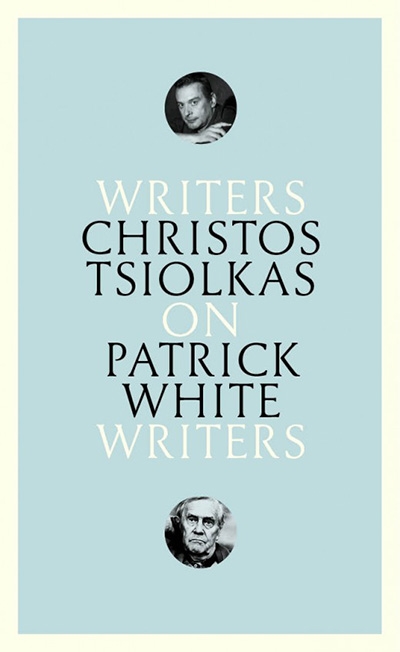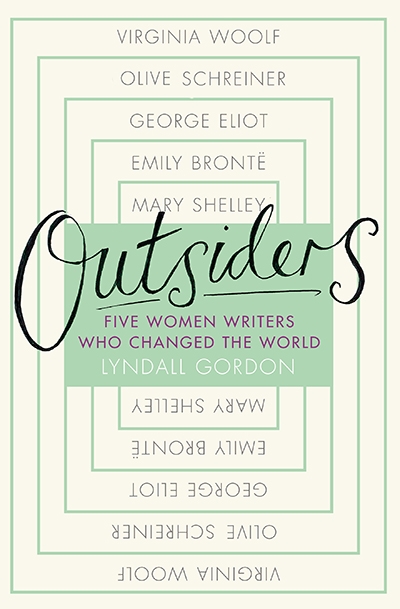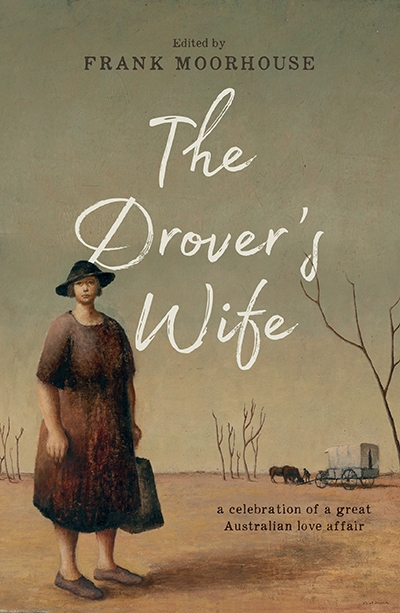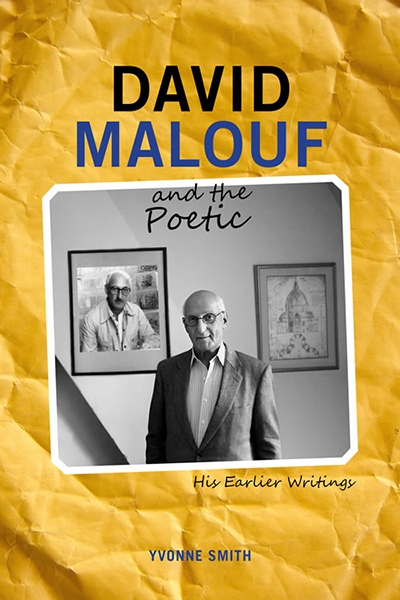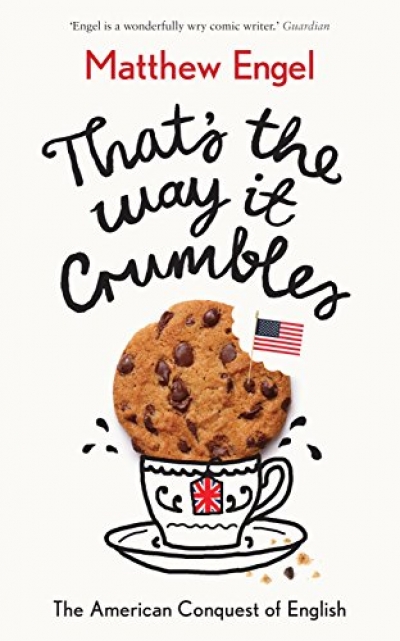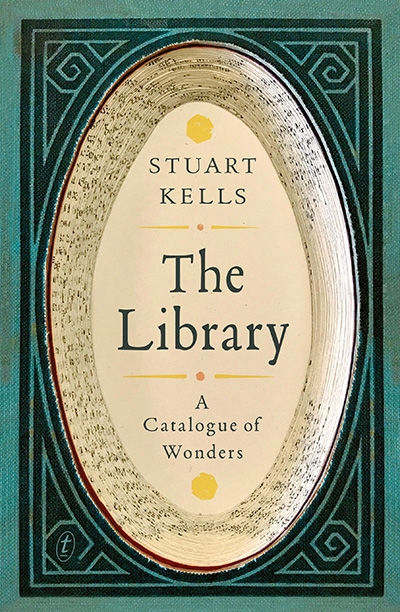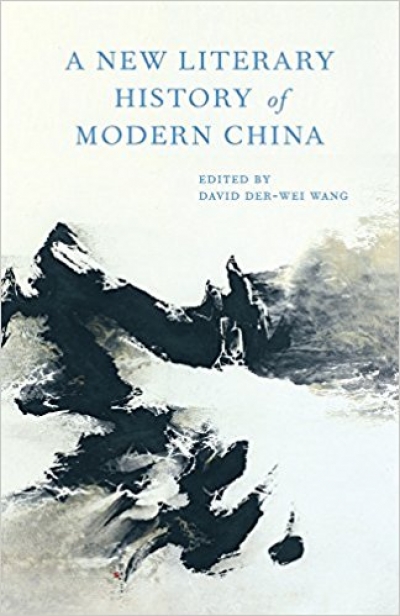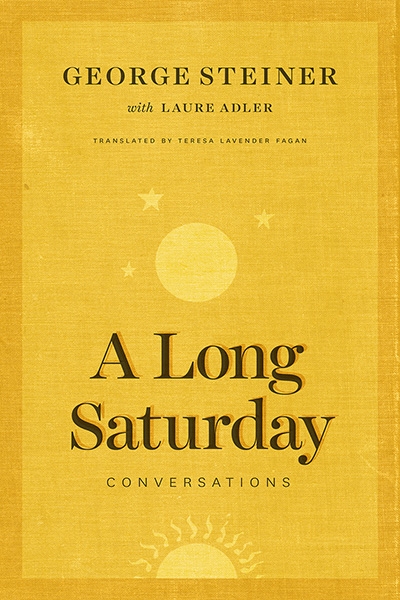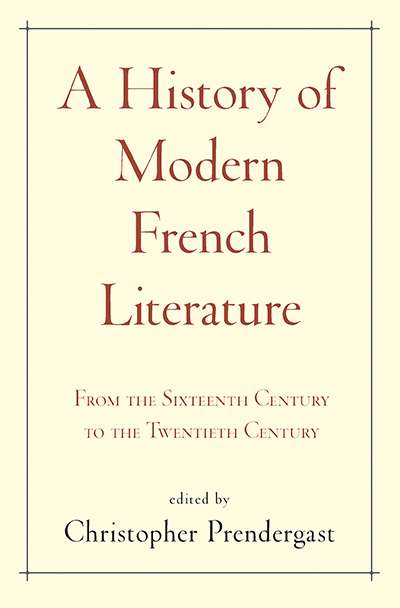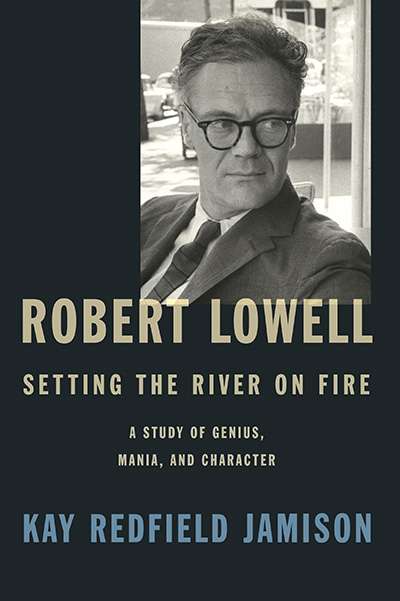Literary Studies
The Western world was well into the swing of our proverbial digital age when Patrick White passed away at his home on Martin Road in Centennial Park at the age of seventy-eight in 1990. Yet, as Christos Tsiolkas suggests at the outset of this taut and lively meditation on Australia’s greatest novelist, Patrick White is often ...
... (read more)Outsiders: Five women writers who changed the world by Lyndall Gordon
In 1787, at a time when literary culture was shifting from private patronage and coterie circulation into a new professionalism, the London publisher, bookseller, and journal editor Joseph Johnson offered the position of staff writer to Mary Wollstonecraft, who had already published Thoughts on the Education of ...
... (read more)In this collection of more than thirty pieces of fiction, journalism, criticism, academic papers, and ephemera (acceptance speeches, parliamentary questions, university course outlines), Frank Moorhouse gives evidence of, and attempts to explain, the durability of Henry Lawson’s classic short story ‘The Drover’s Wife’ in ...
... (read more)David Malouf and the Poetic: His earlier writings by Yvonne Smith
Plenty of novelists begin life as poets. Few, though, have managed to maintain their status as poet–novelists quite so impressively as David Malouf. But even Malouf, in his ‘middle period’, more or less dropped poetry for his ‘big’ novels ...
... (read more)That’s the Way It Crumbles: The American conquest of English by Matthew Engel
Matthew Engel has written for many years in The Guardian and the Financial Times, on topics ranging from politics to sport, and between 1993 and 2007 he produced editions of Wisden Cricketers’ Almanack. In this latest book he takes up the bat (or steps up to the plate) for British English. That’s the Way It Crumbles is a lament ...
... (read more)In 2002, journalist Guy Rundle published a piece devoted to the little-known visit by Argentinian writer Jorge Luis Borges to Melbourne in May 1938. During his ten-day stay, Borges spent time in the domed reading room of the State Library, a place he found ‘awe-inspiring, even overwhelming’. As a long-term reader of Borges ...
... (read more)A New Literary History of Modern China edited by David Der-Wei Wang
In his searching introduction to this immense volume, the editor, Harvard scholar David Der-Wei Wang, refers to the ‘architectonics of temporalities’ by which the project re-maps and re-chronicles Chinese literary history. A New Literary History of Modern China follows the model of the provocatively kaleidoscopic slice ...
... (read more)A Long Saturday: Conversations by George Steiner and Laure Adler
In the late 1950s, when he was a fellow at the Princeton Institute for Advanced Learning, George Steiner overheard the legendary J. Robert Oppenheimer, at that time head of the Institute, dressing down a young physicist outside his door: ‘You are so young,’ boomed the father of the atomic bomb, ‘and you have already done so little!’ The story appears ...
... (read more)A History of Modern French Literature: From the sixteenth century to the twentieth century edited by Christopher Prendergast
On the acknowledgments page of this vast compendium, Christopher Prendergast describes the creation of the work as an ‘arduous task’ and the book itself as an ‘unwieldy vessel’. One can sympathise with the difficulty of presenting as a history of five centuries of French literature what would more accurately be described as a chronological anthology of essay ...
Robert Lowell: Setting the river on fire: A study of genius, mania and character by Kay Redfield Jamison
For no one were Dryden’s partitions thinner than for Robert Lowell, as Kay Redfield Jamison’s exploration of the links between his work and the manic depressive illness which dogged him for most of his life makes clear. Previous biographers have, with varying degrees of compassion and opprobrium, chronicled the chaos and hurt caused by his manic outbursts.
... (read more)

